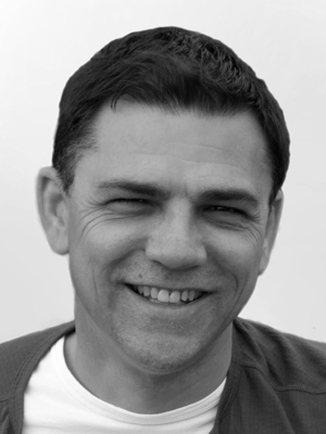Bowker, who taught children with learning disabilities for 14 years, captures the frustrations of Joe and his family beautifully. What the drama lacks, though, so far is humour and irreverence. Yes, Christopher Eccleston’s Granddad’s inappropriate comments are funny but Joe himself, played with perfect opaqueness by Max Vento, never even makes you smile. Most parents find their autistic kids really funny – sometimes because they mean to be, and sometimes because their lack of social niceties is hilarious. Source Simon Hattenstone in The Guardian Simon and his daughter Maya deliver their verdict on the episodes they have seen so far of BBC's upcoming drama The A Word, which is showing on the 22nd March. TV uses drama as its medium for storytelling. Drama works because it relies on the tension that develops between characters. So whenever TV uses drama to deal with a social topic, such as autism, it can only portray the story from the narrow view of a few central characters. The danger with a 'realistic' drama is we assume that the character Joe is representative of all autistic people and their families. I thought I would take a wider view on autism and look at 3 common myths, 1. autistic people are self-absorbed The word autism comes from the Greek, autos, and means self . It was coined by Leo Kanner who was working with children who had been diagnosed with infantile schizophrenia. Kanner noticed that his group of children avoided social contact, played repetitive games, and reacted strongly to change. In truth Kanner and the people who followed him were seeing an atypical group of autistic people. In my 15 plus years working and being with autistic people, I have discovered they often think and have feelings about other people. They are often very concerned about what other people think about them; go through the same struggles about fitting in as teenagers and adults; and want to have friendships and romantic relationships. Rather than being quiet and withdrawn, autistic people can be outgoing, and very talkative when they are with people they feel safe and comfortable with. 2. autistic people lack empathy Autistic people find reading subtle changes in expression more difficult. Rather they pay more attention to what is said and how a person behaves. For instance Temple Grandin learned what mood her mother was in, by repeatedly asking her "Do you love me?" and then counting the number of times she could ask before her mother snapped at her. The more times she could ask, the better her mother's mood. This strategy works less well in social situations, which often entails confusing and contradictory rules about how to behave. Other people seem simply just to 'know' what to do, without any knowledge of how they 'know'. While autistic people understand social interactions differently, known as cognitive empathy, they experience affective empathy similarly to others. Autistic people become concerned if they have upset or hurt other people. They worry if people they care about become upset, unwell, or are hurt, and they feel sad when someone they care about dies. 3. autistic people can't lie A study by Annie Li and her team from Queen's University in Canada, found that autistic children lied as often as children with a typical development. This myth comes about because autistic people will tell the truth in situations where they would normally be expected to lie. Autistic people are often less accomplished at lying, because they tend to be less able to manage what is known as semantic leakage, which is the ability to create a consistent cover story if you are questioned about your lie. Lying also creates anxiety, and many autistic people will become very anxious if they have to lie. In many of the normal situations in which people tell lies, autistic people just do not see a good enough reason to lie. Autism is an altered way of looking at and understanding the world, which for many autistic people forms a fundamental part of their identity. The way that autistic people express this identity is just as varied and diverse as any other group of people who form around a particular identity. title image by Deividas Gailevicius
0 Comments
Leave a Reply. |
Categories
All
Archives
January 2021
|
BioI'm Mark, a Humanistic Counsellor. |
Home - Testimonials - Articles - Links - Contact - Book Appointment - Counselling Students - Privacy Policy - Terms
Mark Redwood, BA (Hons) Counselling, MBACP
© Mark Redwood 2015, 2016.2017 | Main portrait by Doug Freegard © 2015


 RSS Feed
RSS Feed